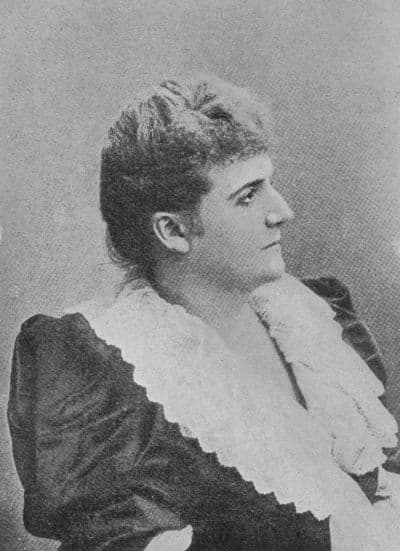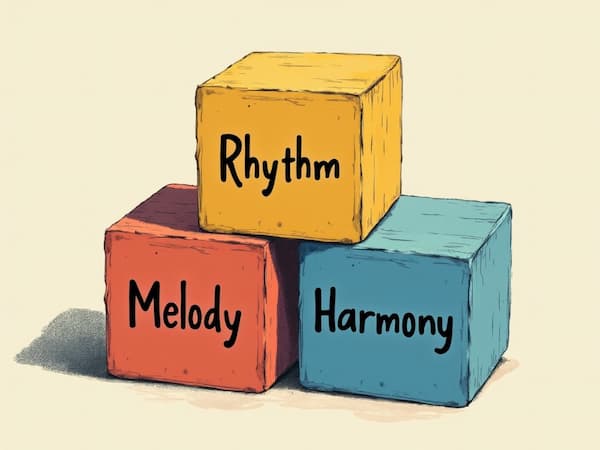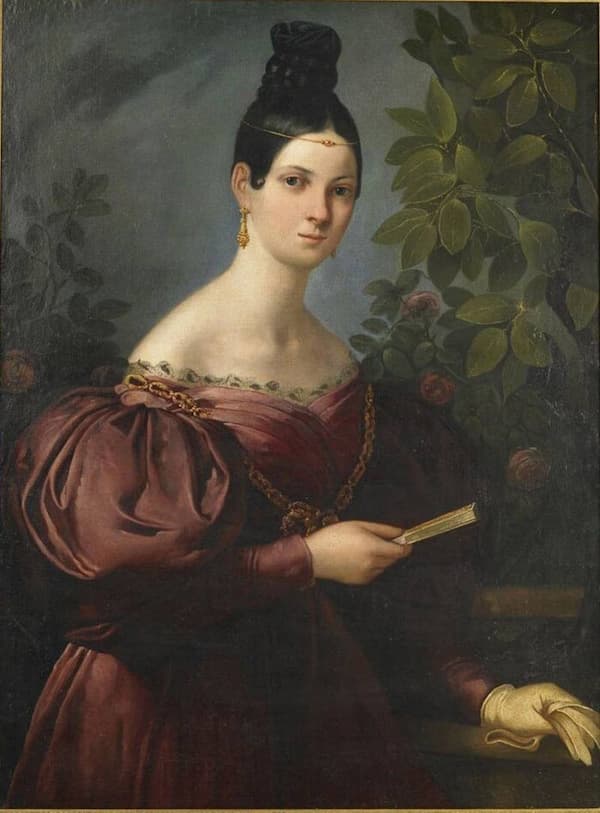
Champagne
Credit: http://brightonscenic.co.uk/
During those terrible teenage years, music served as my agony aunt. When I needed to concentrate, I would put on some Bach to get me in the right mood to study; when I felt alone or sad, I drown myself in Rachmaninoff. Pop music brought a sense of camaraderie: it usually involved some fun group activity (since I seldom listened to this on my own), be it a bunch of us singing at the top of our voices whilst doing prep or performing some wicked dance routine we had ingeniously made up to the music.

Bordeaux
Credit: http://stockfresh.com/
How about presenting classical music in a different context and marketing it in a more exciting way?
The conventional setting of classical music concerts is really not that attractive: who wants to be confined in an uncomfortable, legroom-less chair for another couple of hours after spending a long day cramped at the desk behind a computer screen? Moreover, attending a concert together with friends and family whilst being silent for a couple of hours is hardly a sociable activity – why not listen to a recording at home instead, where you have the flexibility of pausing or stopping if you feel like catching up or even discussing the piece of music? I actually relish going to concerts alone, as I find I can really connect with the musician(s) and revel in the ‘live’ aspect of the music-making.

Bordeaux
Credit: http://adrian1974fulga.files.wordpress.com/
I recently attended a scrumptious wine-tasting dinner, and the only thing I thought lacking was some beautiful music! As I tasted the various wines, different types of music appeared in my mind. How wonderful would it be if the champagne was accompanied by a live performance of Johann Strauss Jr’s Tritsch-Tratsch-Polka? The old-world white from many decades ago would have been elegantly partnered with Fauré’s touching melodies. The pair of Bordeaux reds from the same vintage reminded me of Don Giovanni and Zerlina in their duet ‘Là ci darem la mano’ (from the first act of Mozart’s opera Don Giovanni).
But I digress. I do believe that given the right context and occasion, many people will learn to appreciate classical music a great deal more. Since wine-and-dine is a social activity enjoyed by everyone across the globe, why not mix in a pinch of live classical music to enhance our palates?
What are your suggestions for making classical music more attractive? Please leave your comments below.
Johann Strauss II – Tritsch-Tratsch-Polka, Op. 214
Fauré – Après un rêve – Kiri Te Kanawa
Là ci darem la mano (Mozart) – Bryn Terfel & Renée Fleming




